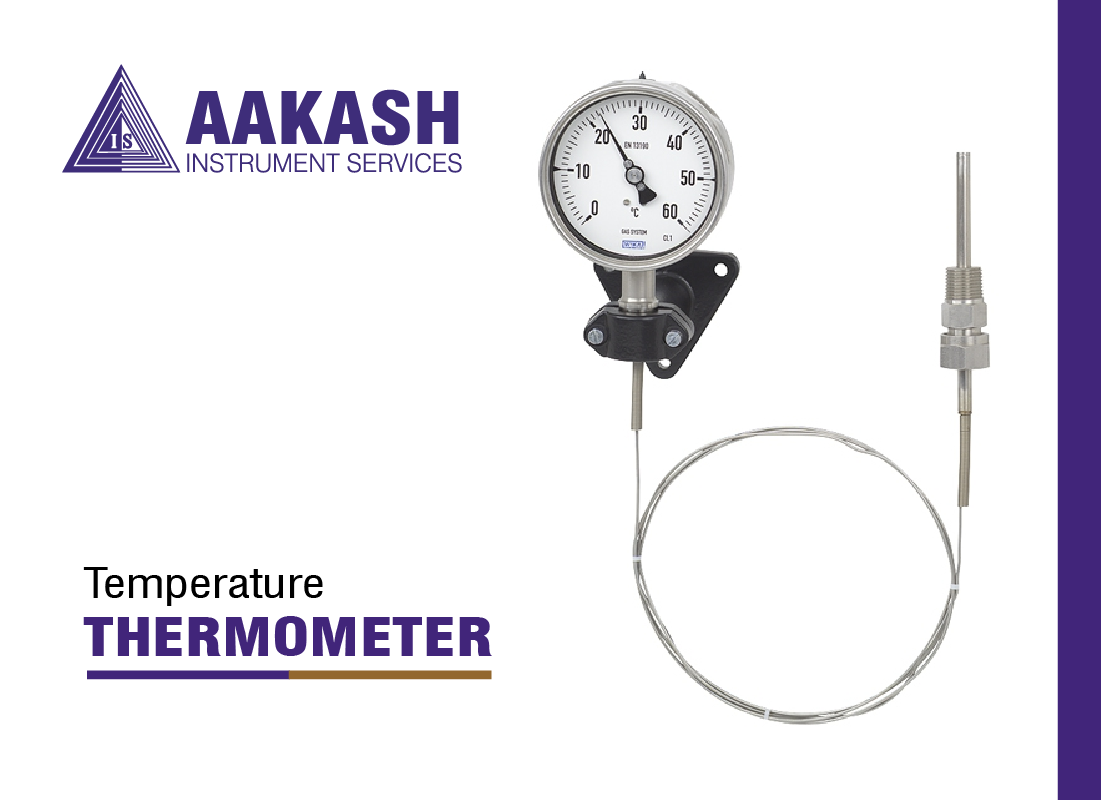We're here to assist you with any questions, concerns, or inquiries you may have.

Temperature thermometers are crucial tools for measuring and monitoring temperature in various environments. They come in digital, infrared, and mercury types, each designed for specific applications. Digital thermometers are used in medical settings, while infrared thermometers are ideal for non-contact measurements. Despite safety concerns, thermometers are essential in industries like healthcare, food service, manufacturing, and environmental monitoring.

1. Essential for protecting temperature sensors from harsh industrial environments.2. Construction material: Typically, corrosion-resistant, ensuring longevity and durability3. Design options: Designed with different insertion lengths and diameters for specific temperature sensor requirements.4. Process connections: Threaded, flanged, or welded, catering to diverse installation needs.5. Crucial for accurate and reliable temperature measurement in industrial processes.
1. Provides precise temperature readings for accurate monitoring and control.2. Wide temperature range from freezing to high heat levels.3. High accuracy levels, some up to decimal points.4. Ergonomic design and durable materials for long-lasting performance.5. Quick response times, digital displays, and programmable alarms for setting temperature thresholds.6. Designed to meet professionals' needs for optimal outcomes.
Temperature thermometers are widely used in various fields for accurate temperature measurements. Digital thermometers are popular for quick, easy-to-read readings, while infrared thermometers are ideal for non-contact readings. Thermocouple thermometers are versatile for manufacturing and engineering, while thermometers are sensitive to small temperature changes, making them ideal for scientific research and laboratory settings. Choosing the right thermometer is crucial for optimal performance and safety.